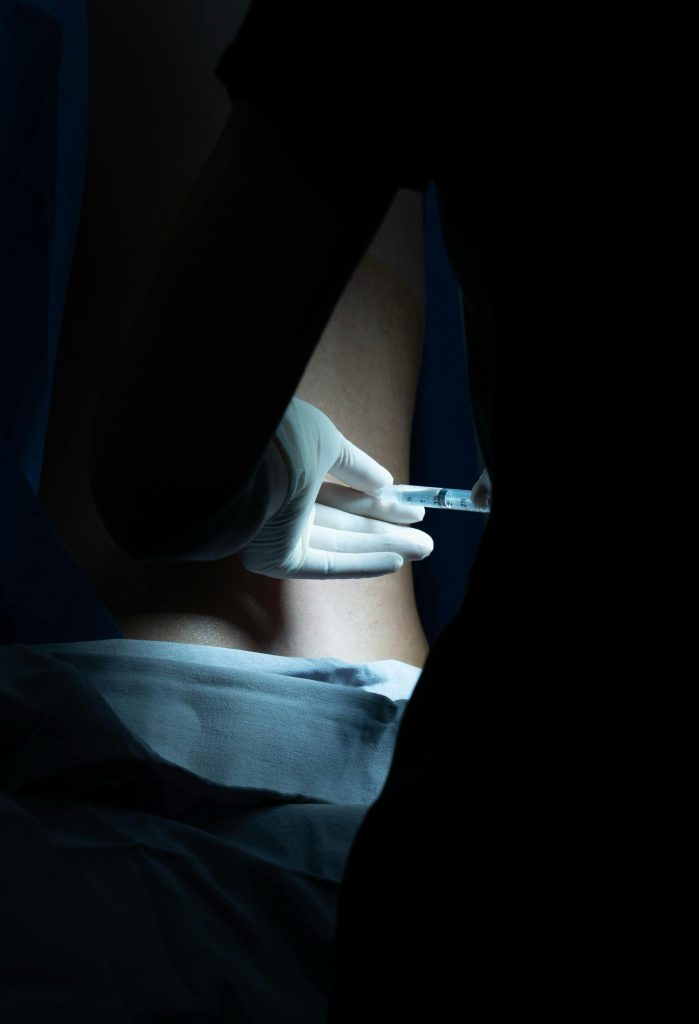Experiencing medical harm can be a life-altering event, affecting physical health and emotional and mental well-being. This profound impact often leaves individuals grappling with various feelings, including anxiety, frustration, and a deep sense of loss.
As individuals navigate the subsequent challenges, implementing self-care practices becomes important to foster healing and resilience. Recognizing the necessity of focusing on one’s emotional and mental health creates a vital pathway to recovery and renewal, paving the way for empowerment and informed decision-making.
The Importance of Self-Care
Self-care is often misconstrued as an indulgent practice, yet it primarily stands as a necessary component for well-being. In the context of medical harm, prioritizing self-care becomes crucial.
Engaging in self-care helps individuals reconnect with their bodies and minds, helping them regain control over their lives after a disorienting event. Self-care practices can mitigate the symptoms of stress and anxiety, offering individuals healthy outlets to process complex emotions.
Self-care enhances one’s ability to cope with the fallout of medical harm. Statistics show that individuals who prioritize self-care report lower levels of stress and improved levels of mental health. According to a study published in the Journal of Psychological Health, 68% of participants incorporating regular self-care practices reported feeling more empowered in the face of adversity. This data underscores the need for effective self-care strategies tailored to healing from medical harm.
Mindfulness and Meditation
Mindfulness and meditation have gained recognition for their transformative effects on expressing emotions and managing stress. Practicing mindfulness involves focusing on the present moment, acknowledging thoughts and feelings without judgment. It serves as a powerful antidote to anxiety, often prevalent among those affected by medical harm.
Integrating meditation into daily routines can significantly enhance emotional resilience. Individuals may explore guided meditation applications, such as Headspace or Calm, which provide structured sessions aimed at reducing anxiety and enhancing focus. Allocating as little as ten minutes a day to mindfulness exercises can lead to noticeable improvements in emotional well-being, fostering a sense of calm amid the storm of feelings that accompany experiences of medical harm. Individuals might find that their perspectives shift as they cultivate a habit of being present in their lives, contributing positively to their healing journeys.
Physical Activity and Movement
Incorporating physical activity into one’s routine improves physical fitness and contributes significantly to mental health. Activities like walking, yoga, or dancing can release endorphins, the brain’s natural mood lifters. Engaging in regular exercise can reduce feelings of anxiety and depression, making it a valuable component of a holistic self-care plan.
Individuals affected by medical harm should explore various forms of exercise to find what resonates best with their bodies and preferences. Whether it’s joining a fitness class or opting for solo activities like jogging in a peaceful environment, the key lies in consistency. By establishing a regular movement routine, individuals can gradually improve their physical health and emotional stability, thereby facilitating a smoother healing process.
Seeking Legal Guidance
Another crucial aspect of navigating the aftermath of medical harm is understanding your legal rights. Seeking legal guidance can provide individuals with clarity and advocacy during a confusing time.
The expertise of a legal professional is invaluable when it comes to understanding medical malpractice and compensation entitlements. Here, a resourceful approach entails connecting with a medical legal team at Moore Law or other experts experienced in these matters. They can assist in navigating the complexities of the legal system, allowing individuals to focus on their recovery rather than the challenges of legal proceedings.
Recognizing the importance of this support can bring peace of mind, reinforcing the notion that healing extends beyond emotional and physical recovery. Legal professionals can advocate on behalf of affected individuals, ensuring their rights are upheld and helping them secure necessary financial resources to aid their recovery process.
Nurturing Emotional Connections
Building and maintaining emotional connections with supportive individuals is paramount for healing. Engaging in honest conversations with trusted friends and family can provide significant relief during tough times. Sharing experiences helps validate feelings and can lead to invaluable support networks. Those affected by medical harm often find comfort in joining support groups, where they can connect with others undergoing similar challenges.
Seeking professional guidance from therapists or counselors can be immensely beneficial. These mental health professionals are equipped to help individuals navigate their thoughts and emotions surrounding their experiences. For those considering this path, taking the first step towards therapy can feel daunting. It represents a proactive measure in prioritizing mental health. Creating relationships based on trust allows individuals to process their experiences more healthily, making the journey from trauma to recovery much smoother.
Setting Boundaries
An often-overlooked aspect of self-care is learning to set boundaries with others during vulnerable times. Individuals affected by medical harm may feel pressure to meet the demands of family, friends, or work, which can hinder their healing process. Setting boundaries allows individuals to preserve their energy for personal healing and self-care practices.
Individuals should honestly share their needs with those around them, clearly articulating when they require space or support. Establishing these boundaries involves understanding one’s limits and not feeling guilty for prioritizing health.
According to experts, individuals who effectively set and communicate boundaries report lower stress levels and increased well-being. This practice can serve as a powerful tool for reclaiming agency over one’s life, enabling individuals to cultivate an environment conducive to healing.

Creating a Personalized Self-Care Plan
A personalized self-care plan tailored to individual needs is vital in fostering holistic well-being. This plan should encompass various elements, including physical, emotional, and mental health components. First, individuals should identify their unique challenges and goals, guiding how to integrate self-care practices into daily routines.
Once goals are outlined, individuals can begin to explore diverse self-care activities that resonate with them. This might include daily journaling to express emotions, engaging in creative pursuits like painting or music, or scheduling regular ‘me time’ to recharge. Regularly revisiting and adjusting this plan ensures it remains relevant and responsive to individual needs, making it easier to maintain a consistent self-care approach.
By adopting a multifaceted approach that encompasses these self-care practices, individuals affected by medical harm can take significant steps toward healing and empowerment. Centering self-care in their journey allows individuals to reclaim their stories, encouraging resilience and holistic well-being. Through dedication to these practices, they will find pathways to recover from medical harm and to flourish beyond it.
Published by HOLR Magazine.


